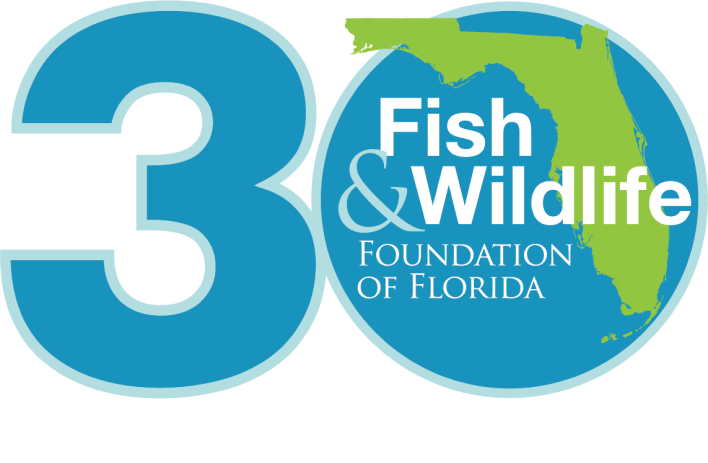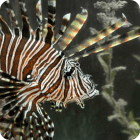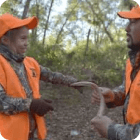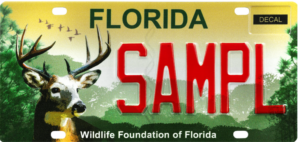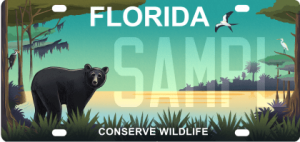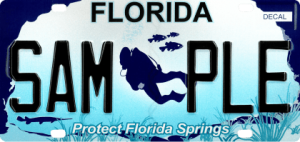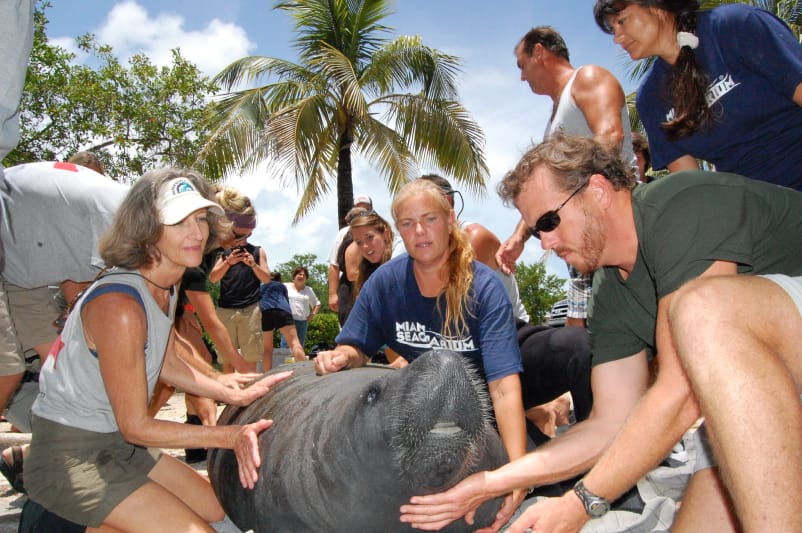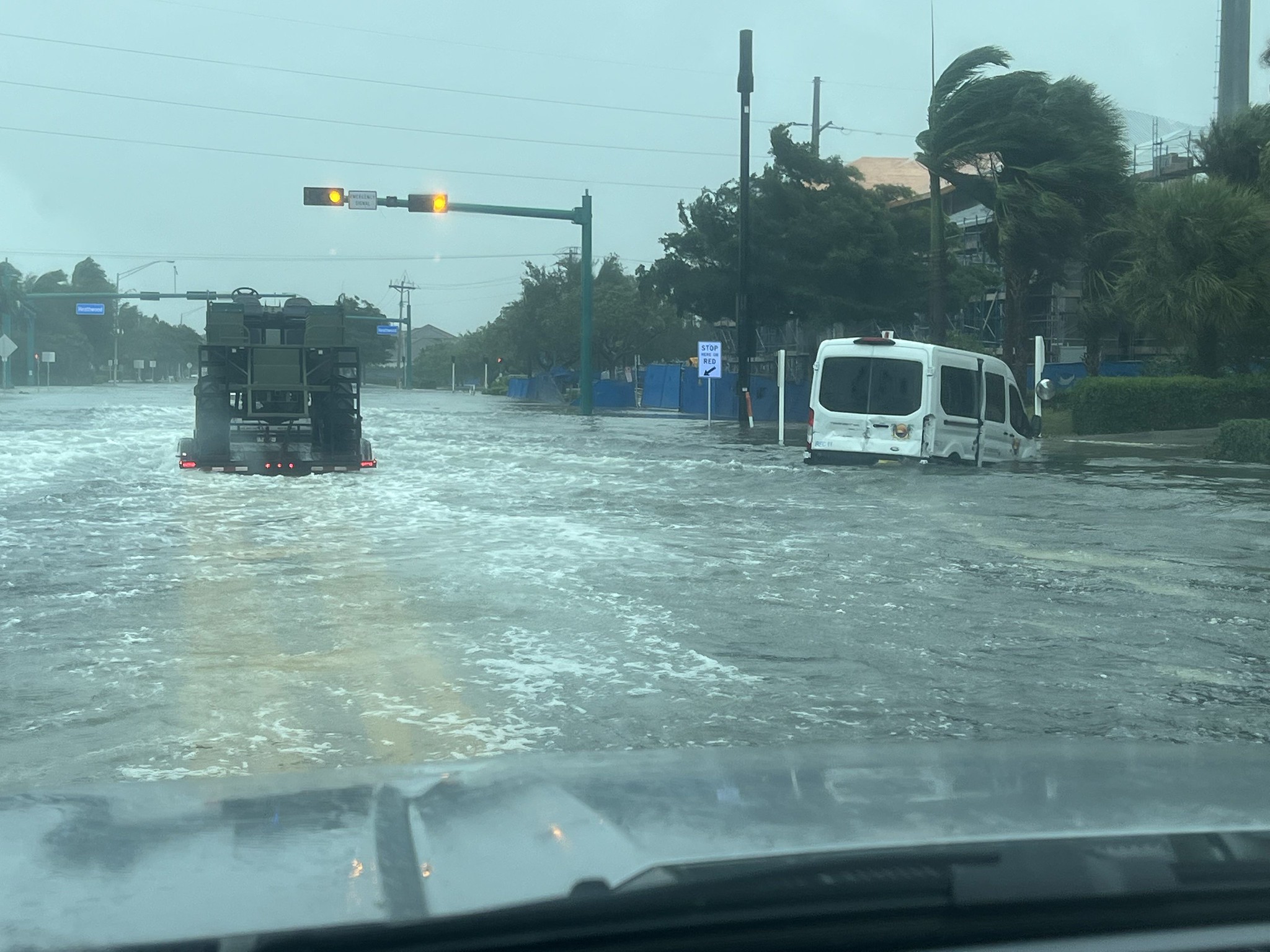
As we approach the 2024 hurricane season, which officially begins on June 1, it’s essential to start preparing now. Florida’s unique geography and rich biodiversity make it a haven for both people and wildlife, but it also makes our state particularly vulnerable to hurricanes. Situated against the warm, shallow waters of the Gulf of Mexico, our state’s peninsula has become even more at risk to major storms due to rising ocean temperatures. Here are some tips on how to prepare for the hurricane season and help protect both your family and our beloved wildlife.
Understanding the Impact on Wildlife
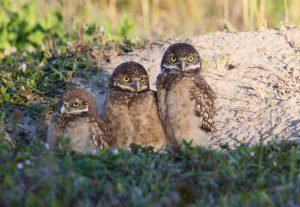
Burrowing Owls
These small, ground-dwelling birds are particularly vulnerable during hurricanes. Their burrows can be flooded, and high winds can destroy their nesting sites. After a storm, these owls may struggle to find food and shelter. Burrowing owls may be found in unusual places post-storms as they wait for their burrows to drain. It’s important to give this state-designated threatened species its space as their habitat recovers.
Manatees
These marine mammals are at risk during hurricanes due to storm surges and habitat destruction. Manatees can become stranded or injured by debris, and the loss of seagrass beds, their primary food source, can be devastating. After Hurricane Hermine in September 2016, seven manatees were stranded in the golf course pond at the Plantation on Crystal River. If you are aware of a stranded, trapped, injured or dead manatee, call FWC’s Wildlife Alert Hotline at 888-404-3922.
Snakes
You are more likely to see snakes with higher water levels post-storm. Most snakes you will encounter are likely to be nonvenomous and will be more scared of you than you are of them. If you see a snake, stay back. Snakes are not aggressive toward humans unless they feel threatened, but keep your eyes peeled when clearing debris post-storm.
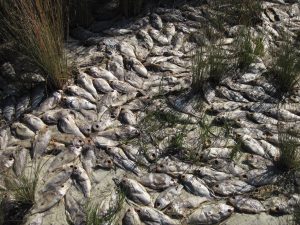
Fish Kills
Hurricanes often lead to an increase in fish kills due to changes in salinity and low dissolved oxygen in the water. Use the Fish Kill Hotline to report major fish kills to FWC throughout hurricane season: 800-636-0511.
Steps to Protect Your Family
- Create a Hurricane Kit: Ensure you have essential supplies, such as water, non-perishable food, medications, flashlights, batteries, and important documents. Don’t forget supplies for pets.
- Develop a Family Plan: Know your evacuation routes and have a communication plan in place. Make sure all family members are aware of the plan.
- Secure Your Home: Install storm shutters, reinforce garage doors, and secure outdoor items that could become projectiles during high winds.
- Stay Informed: Keep up with weather updates from reliable sources and follow local authorities’ instructions.
Our Foundation works to address both the societal and environmental losses caused by hurricanes. The powerful winds and storm surge can cause extensive property damage and threaten lives. During the aftermath of Hurricane Ian in 2022, our Foundation supported affected FWC employees by providing over $150,000 to aid in relocation assistance, loss of personal property, and home repair.
Support our efforts to protect Florida’s wildlife by donating here. And check out FWC’s website for updates about wildlife and storms.
